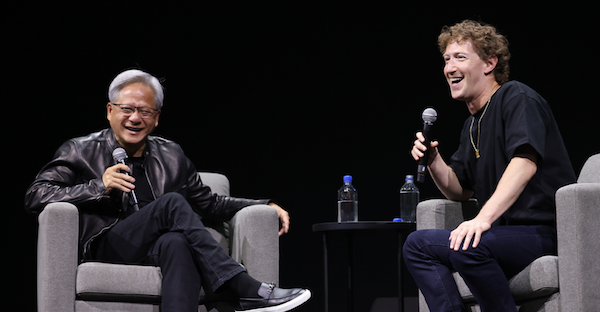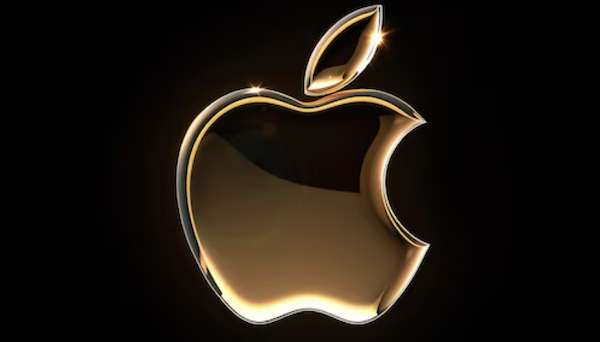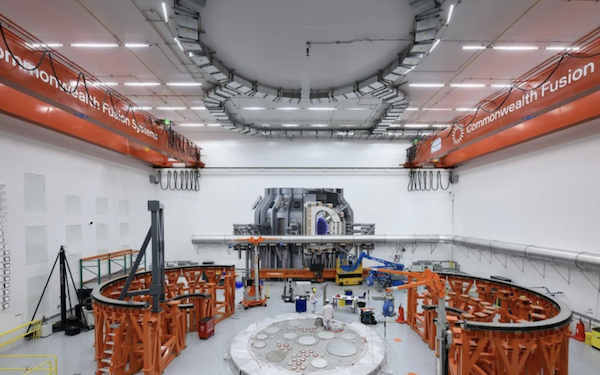Market scorecard
US markets bumbled sideways yesterday. Each day seems to bring a new set of tariffs, which is unsettling. Trump said he would impose a 50% tariff on copper imported into the US, so the price jumped 17% in New York, but fell in London. The US imports 36% of its copper, primarily from Chile and Canada. The higher cost of a key industrial material would be carried through to finished products, surely?
In company news, EssilorLuxottica, the world's largest eyewear maker, jumped 6% on the news that Meta has taken a 3% stake in the company. The two companies have a very successful partnership creating smart glasses, which is set to expand. Clean energy stocks took some heat yesterday, SunRun (-11.43%), Enphase Energy (-3.58%), and First Solar (-6.54%) as Trump signed an executive order directing federal agencies to speed up the elimination of wind and solar subsidies.
In summary, the JSE All-share closed down 0.11%, the S&P 500 fell by 0.07%, and the Nasdaq ended 0.03% higher. Small beer and a nothingburger.
Our 10c worth
One thing, from Paul

I'm quite partial to investing in large, founder-led businesses.
The conventional thinking is that companies where the founder is still the CEO can think longer term, and not be too concerned about quarterly returns. Since the founder is usually a large shareholder, they don't need to worry about short-term compensation targets.
Most multinational corporations are managed by talented people who've been there for years, and worked their way up the corporate ladder, and that's fine, but founder CEOs can pivot faster when something is not working, or when a big opportunity arises.
Two good examples of large corporations that are really nimble, with founder CEOs leading from the front are Nvidia (Jensen Huang) and Meta (Mark Zuckerberg). CrowdStrike (George Kurtz) also deserves a special mention.
Byron's beats

We often mention the brand strength of our recommended stocks. Apple, Visa, Microsoft, Amazon, Google, Youtube, Netflix, Nike, Facebook, Instagram and WhatsApp are recognised as some of best and biggest brands on the planet.
A good friend of mine, who runs a brand consultancy firm, made an interesting point recently. He said that there is a misconception that a brand leads a company, actually it is the other way around. Apple is a strong brand because their beautiful products are of exceptional quality and they integrate seamlessly with the software. Not because of its name or the slick-looking logo.
All of the brands mentioned above shine bright because of the hard work done behind the scenes by company employees, striving to provide world-class services and products that clients trust and rely on. We are proud to be invested in such great companies that create their own brand equity by getting the basics right.
Michael's musings

Last week Google signed a 200 megawatt nuclear power agreement with Commonwealth Fusion System (CFS). Part of the power agreement is that Google will invest in CFS's latest capital-raising round.
Current nuclear reactors use fission to create energy, but fusion is considered the holy grail for energy production.
Fission is a process that breaks heavy atoms into lighter ones, but it creates a lot of radioactive waste. Fusion is the process that combines light atoms to make heavier ones; it is also the process that powers our sun. Fusion is significantly more powerful than fission and doesn't create nearly as much radioactive waste.
Fusion sounds amazing, but the first power plant is only expected to come online in the early 2030s, and I wouldn't be surprised to see that timeline pushed out past 2040. This technology has always been "just around the corner".
Michael Terrell, Google's head of advanced energy, said that Google thinks of its energy investments across three time horizons. In the short term, the company has prioritised solar, wind, and batteries. A bit further out, it's betting on geothermal and small modular nuclear reactors. Nuclear fusion is a long-term source.
These near-impossible technologies are only possible when researchers have access to deep pockets for a long period of time. So it's good to see Google getting involved.
Linkfest, lap it up
Winning countries have the most millionaires. They pay lots of tax and bring skills and employment to economies - Who's gaining millionaires in 2025.
We workout to stay healthier for longer. These are the correct exercises - Lower your blood pressure.
Signing off
Asian markets are marginally lower this morning. Will there be more fallout from ramped up tariffs? You can't be sure of the TACO trade (Trump Always Chickens Out).
In company news, Remgro and Vodacom announced that they have come to an agreement with the Competition Commission for their fibre asset merger. It means that the case going to the Competition Appeals Court will be unopposed at the end of the month. The question is, why did it take nearly four years to work this out?
US futures are marginally lower this morning and the Rand is at $/R17.78.
Cheerio.